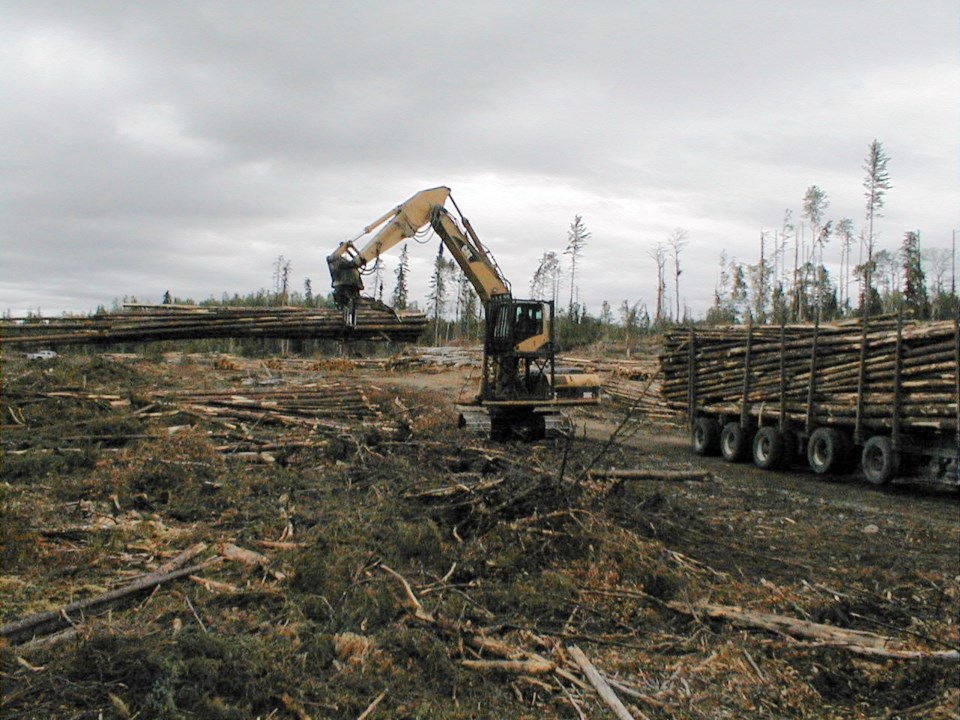The federal government is supporting three innovative projects in the Nipissing-Timiskaming District with $1.08 million in funding.
Announced on April 6, the funds come from FedNor’s Regional Economic Growth through Innovation program, which supports the growth of Canadian businesses, their expansion into new markets and their adoption of new technologies and processes.
The biggest chunk of funding goes to FPInnovations, which will use $525,600 to deliver the Ontario Forest Sector Capacity Building initiative.
It’s designed to help Northern and Indigenous forestry businesses implement innovation, foster investment, and grow skilled employment.
“We look forward to working with the Northern Ontario forest and wood products sector to help them mitigate challenges related to COVID-19,” Stéphane Renou, president and CEO at FPInnovations, said in an April 6 news release.
“This initiative will directly support those businesses and workers impacted by the pandemic, allowing them to improve productivity and their bottom line, and to learn about and implement the very best practices and efficiencies for day-to-day operations and associated jobs across the value chain.”
Emile Janveaux Forest Products Ltd. in Mattawa will use a repayable loan of $381,500 to purchase new equipment that will mechanize the felling, topping and delimbing of trees in harvesting.
The investment is aimed at improving the company’s competitiveness and employee safety.
At Canadore College in North Bay, funding of $101,000 will go to the development of a sterilization device to help small businesses and social organizations comply with public health and safety regulations during the COVID pandemic.
Canadore’s Innovation Centre for Advanced Manufacturing and Prototyping (ICAMP) is working with North Bay’s FEME Innovations in the pre-commercialization of the UltraViolet Qube-it.
The device, which can sterilize objects such as identification badges, pagers, shoes, or masks, was a winning proposal in the Vale COVID-19 Challenge, held last year in an effort to find innovative solutions that could be rapidly commercialized to address challenges posed by the pandemic.



